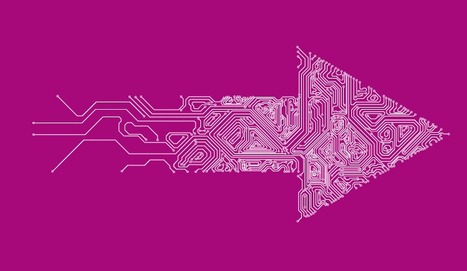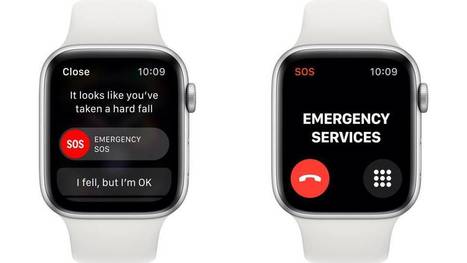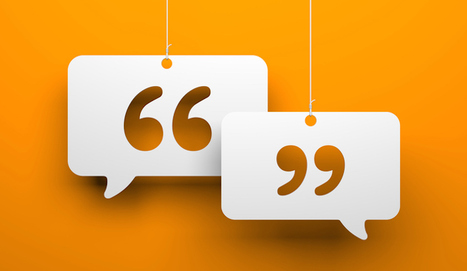Healthcare providers who access clinical decision support through mHealth platforms are finding a world of information at their fingertips – and they could be saving lives.
Digital technologies are changing the way medical information is gathered and exchanged. Physicians of all ages and medical subspecialties from across the globe are utilizing tools to discuss potential diagnoses and obtain second opinions.
That’s the takeaway from researchers at the Scripps Research Translational Institute who took a closer look at online crowdsourced consult platforms.
Their conclusion is that these platforms, which include social media networks like SERMO, Medscape and HealthTap, are giving providers quick access to information that’s helping them reduce serious, costly and potentially deadly medical errors.
The study, focusing on an analysis of more than 37,000 active users on the MedScape Consult network between 2015 and 2017, appears in a recent issue of NPJ Digital Medicine.
The research points to the value of a mobile health resource for clinical decision support, giving providers a real-time portal for physician-to-physician engagement. Billed as a source for “the second to hundredth opinion in medicine,” these portals allow providers to gather best practices and apply them quickly, reducing the chances of a clinical error.
The study also points to the changing nature of clinical decision support.The study noted that providers can’t necessarily rely on informal face-to-face consults with colleagues – commonly known as curbside consults – because they’re “frequently inaccurate and incomplete.” Yet they can’t just call up a nearby specialist at a moment’s notice.
The study found that : "At a time when we’re turning to artificial intelligence to help improve diagnostic accuracy, there’s still plenty of room for tapping into human intelligence via such medical consulting platforms, Artificial intelligence has been advocated as the definitive pathway for reducing misdiagnosis, But the study's findings suggest the potential for collective human intelligence, which is algorithm-free and performed rapidly on a voluntary basis, to emerge as a competitive or complementary strategy."



 Your new post is loading...
Your new post is loading...









